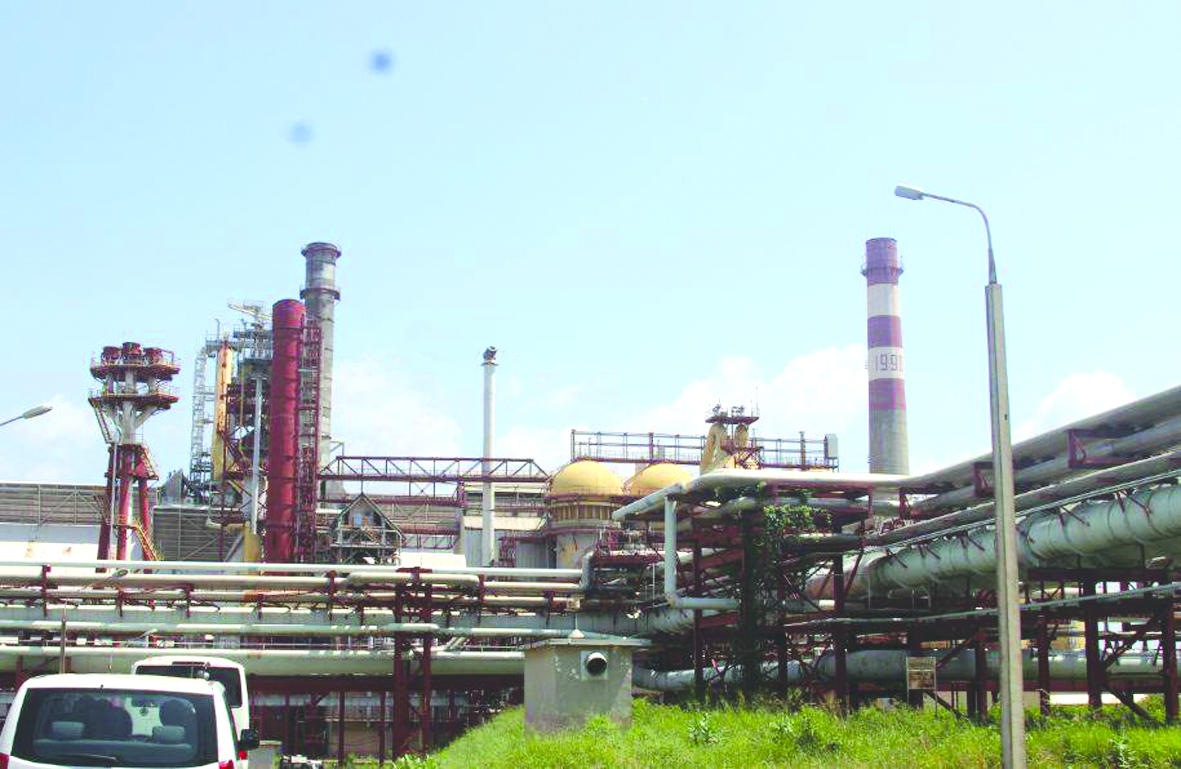- Chinese Firm to Secure $2.38bn for Ajaokuta-Kano Pipeline project
China National Petroleum Corporation says that it will secure the financing required for the execution of the Ajaokuta-Kaduna-Kano pipeline project.
The boost for the project was revealed during a high-level meeting between the Nigerian National Petroleum Corporation and CNPC’s management held on the sidelines of the Forum on China-Africa Cooperation Summit in Beijing, China, according to a statement made available to our correspondent by the Group General Manager, Public Affairs Division, NNPC, Mr Ndu Ughamadu.
According to the statement, the Chinese oil company assured the Group Managing Director of NNPC, Dr Maikanti Baru, of its unflinching commitment towards securing the funding for the successful financing and execution of the project.
Financing for the 40-inch x 614km AKK gas pipeline is expected to cost about $2.8bn.
While 85 per cent of the money is expected to be provided by the financiers, which include Industrial and Commercial Bank of China, Bank of China, and Infrastructure Bank of China with Sinosure, China’s Export Credit Agency providing insurance cover, the remaining 15 per cent will be provided by the contractors, which include Oilserve/Oando consortium, as well as Brentex/China Petroleum Pipeline Bureau consortium.
The AKK gas pipeline described as the single biggest gas pipeline in the history of oil and gas operations in Nigeria would enable connectivity between the East, West and North.
It would also enable gas supply and utilisation to key commercial centres in the northern corridor of Nigeria, it was learnt.
Speaking on behalf of over six CNPC subsidiaries at the meeting, the Assistant President and board member of the CNPC, Mr Wang Shihong, said his company placed a high premium on the AKK project, describing it as the beginning of several collaborations between the two corporations.
“We are in full support of Nigeria’s quest to deliver the AKK project. We are working relentlessly towards securing funding for the project based on regulations and policies of Chinese financial institutions,” Shihong was quoted to have said.
Shihong, who said that the CNPC cherished its relationship with the NNPC, also pledged to fully support his company’s subsidiary, CPP Bureau, a partner in the AKK project, to ensure the success of the initiative.
Responding, Baru said that the AKK project was dear to Nigeria, adding that while at the FOCAC Summit, President Muhammadu Buhari reiterated the potential of the project to strengthen Nigeria-China relations.
He added that the NNPC was looking forward to a successful close-out of the project’s financing towards official groundbreaking ceremony in October.
Baru said, “We want to maximise the construction work before the end of the year. We are hoping for the quick resolution of the financing agreements so that we will kick-start the project in October when the dry season begins.”

 Forex2 weeks ago
Forex2 weeks ago


 Naira2 weeks ago
Naira2 weeks ago
 Naira4 weeks ago
Naira4 weeks ago
 Billionaire Watch1 week ago
Billionaire Watch1 week ago
 Company News4 weeks ago
Company News4 weeks ago




 Naira2 weeks ago
Naira2 weeks ago




 Naira4 weeks ago
Naira4 weeks ago




 Naira1 week ago
Naira1 week ago






















